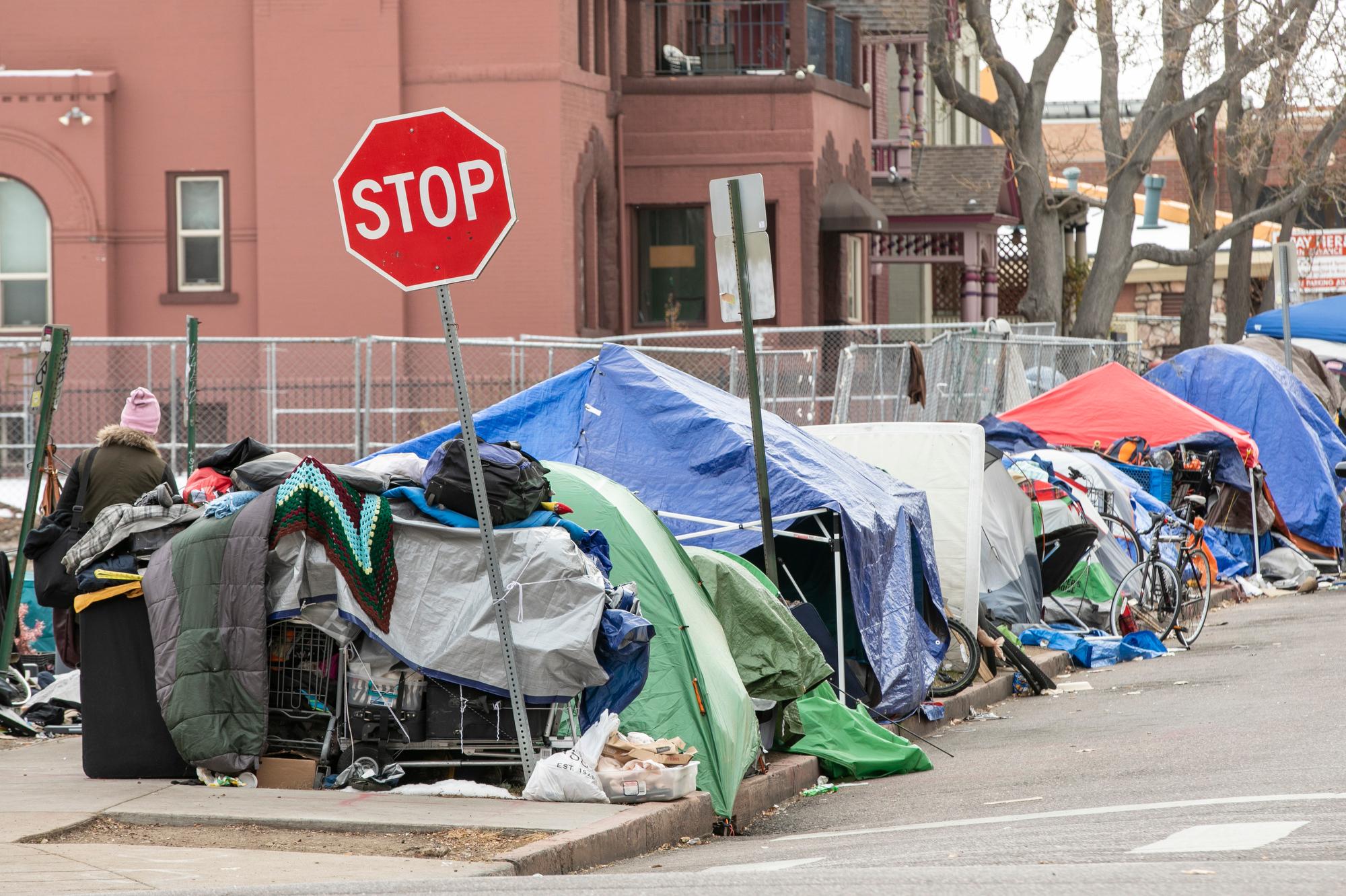Part of Denver Ballot Issue 303, which would have strengthened existing prohibitions on unauthorized camping on private property if passed, has been ruled unlawful by a Denver District Court on Sunday, just days before the election.
City attorneys filed a lawsuit in October against Garrett Flicker, chairman of the Denver Republican Party and the ordinance's petitioner. They argued a subsection of the proposed ballot issue, which would require city officials to enforce the camping ban within 72 hours of a complaint, is unconstitutional because it attempts to tell the city how to enforce its policies.
Under the original measure, residents would have been able to sue the city if it didn't act within that three day time frame.
Denver District Court Judge Darryl Shockley issued a ruling agreeing with the city late Sunday night, shooting down Flicker's motion to dismiss the lawsuit.
"Accordingly, Initiative 303 improperly infringes on the discretion of law enforcement to prioritize its response to citizen complaints of illegal activity and seeks to manage the manner in which Denver enforces the [Unauthorized Camping Ordinance]," Shockley wrote in his opinion.
Flicker has not yet responded to Denverite's request for comment.
Initiative 303 will remain on the Denver ballot, but if it passes, the 72 hour timeline will not be written into law. Over 45,000 Denver residents have already cast their ballots, according to numbers provided Friday by Colorado Secretary of State Jena Griswold.
A federal judge ruled in January that Denver has to give at least a seven day notice before clearing out encampments. The city is still appealing that order.













